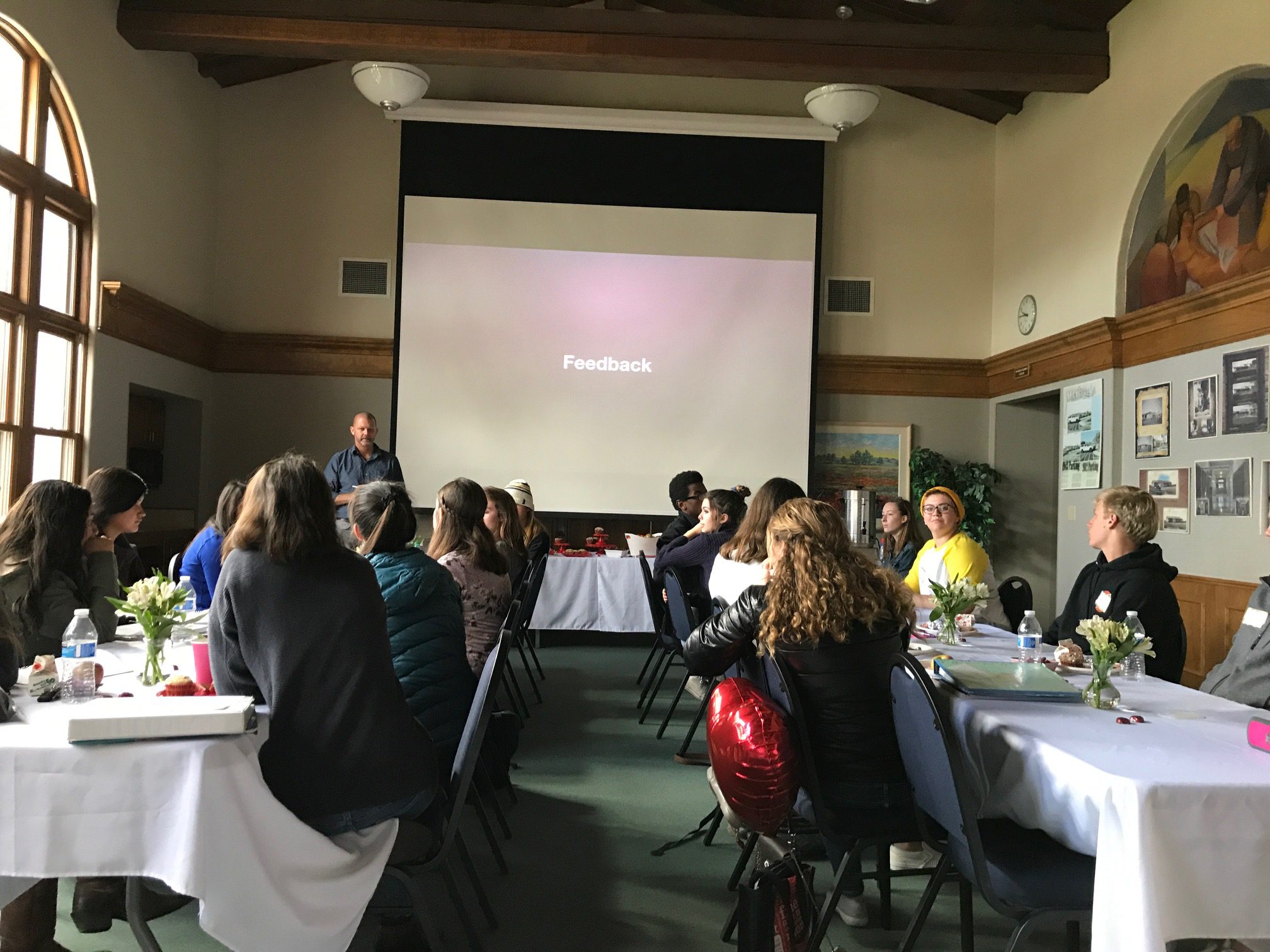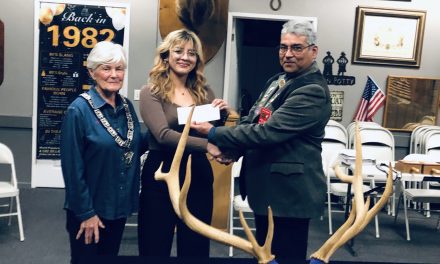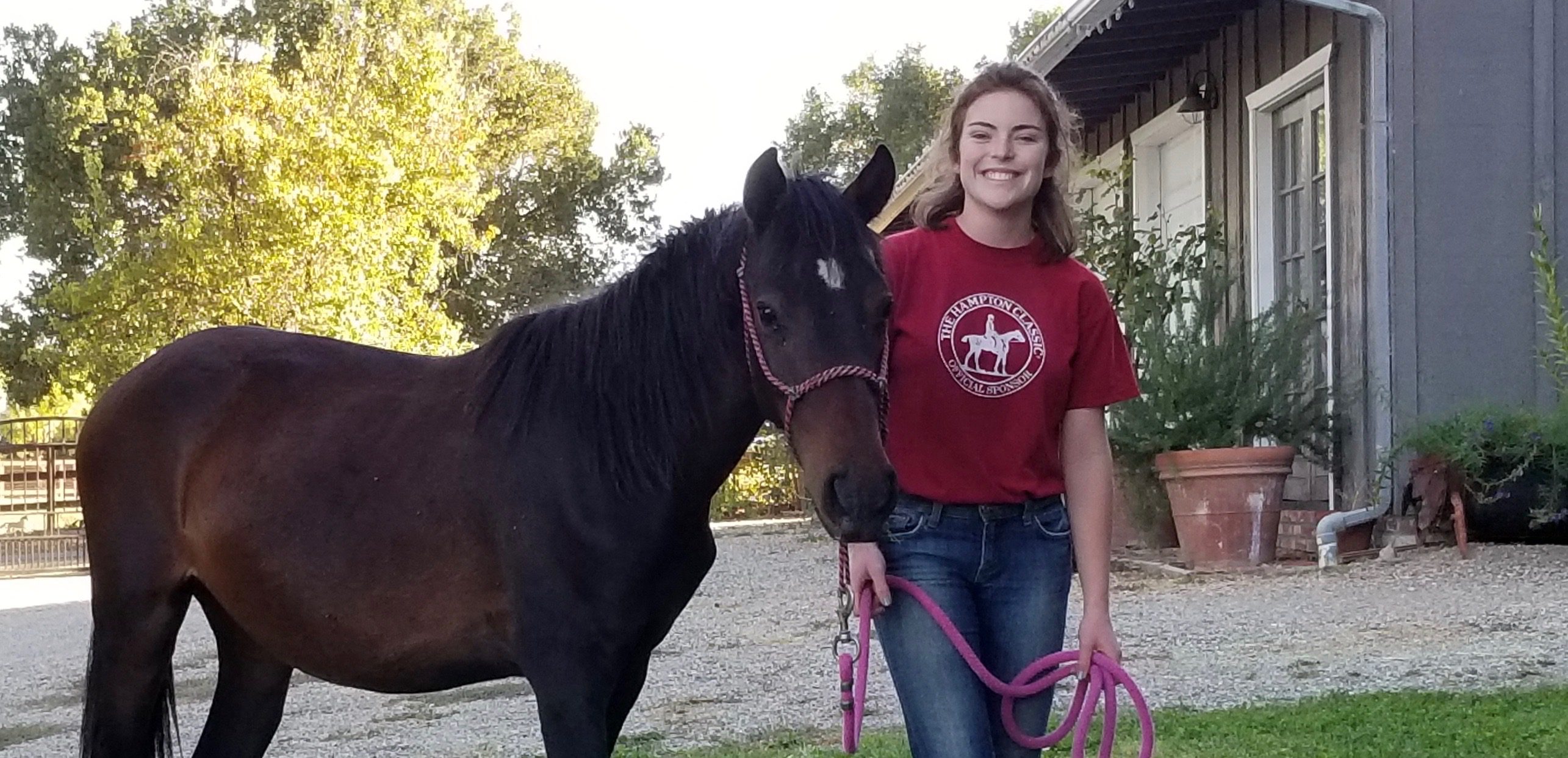By Kyah Corff
SYV Star Intern
The turmoil after several outbreaks of on-campus violence last spring at Santa Ynez Valley Union High School left a number of students feeling marginalized and has spurred several steps to improve the campus environment.
One is the creation of a Student Senate, which met for the first time Feb. 13, to give the student body a platform to express their ideas, help unite them with the school’s administration, and work toward a safer and more welcoming campus.
“Our ultimate goal is to create the safest, most productive learning environment and create a place students want to be,” said Principal Mark Swanitz.
This year is to be a trial run for the senate of 20 to 25 students, which will meet monthly during school hours to discuss administrative topics ranging from school improvements to manifestations of bullying.
Swanitz and Superintendent Scott Cory intend for the senate to contain a cross-section of kids from different grades, classes, extracurricular activities and backgrounds.
“We hope to make better decisions on the students’ interests than we did,” Swanitz said.
The administration is specifically interested in showing the student body what initiatives they are planning to take and hearing their feedback so that the initiatives may be modified accordingly.
A Parent Ambassador Group was also set up last fall to provide a direct exchange of ideas and information between the administration and the student body and their parents.
The first Student Senate meeting was held at 8:15 a.m. on Feb. 13 in the board room at the high school. The administration had selected 22 students, mostly juniors who participate frequently in school activities and extracurriculars, to attend the 90-minute session.
“We are committed to solve problems here,” Swanitz said, as he opened the meeting and explained the senate’s purpose.
Students then introduced themselves and gave the reasons they had joined; many expressed an interest in administrative politics, raising awareness of student issues, and improving the campus culture.
After the introductions, the group discussed new cafeteria plans and the campus system of restorative justice. The students were eager to share their opinions and suggestions about the architectural designs of a new school cafeteria and about the system of restoring relationships between victim and perpetrator rather than using just punitive action.
Swanitz said he is excited to have open conversations about what students want, although he is concerned that some students may not come forward for fear of jeopardizing their relationships with their peers.
“It’s better if we build something we all believe in and implement it together,” Swanitz said.
Gretchen Smith, a science teacher at the high school, is an advocate for a greater student voice and hopes the Senate will provide that opportunity.
“If the staff understands the students’ perspective, there is a higher chance that the decisions made will take it into consideration,” Smith said.
Some students have expressed skepticism on the topic.
“If they are going to do this, the administration should listen to our concerns and actually do something about them,” said junior Hannah Getcher.






